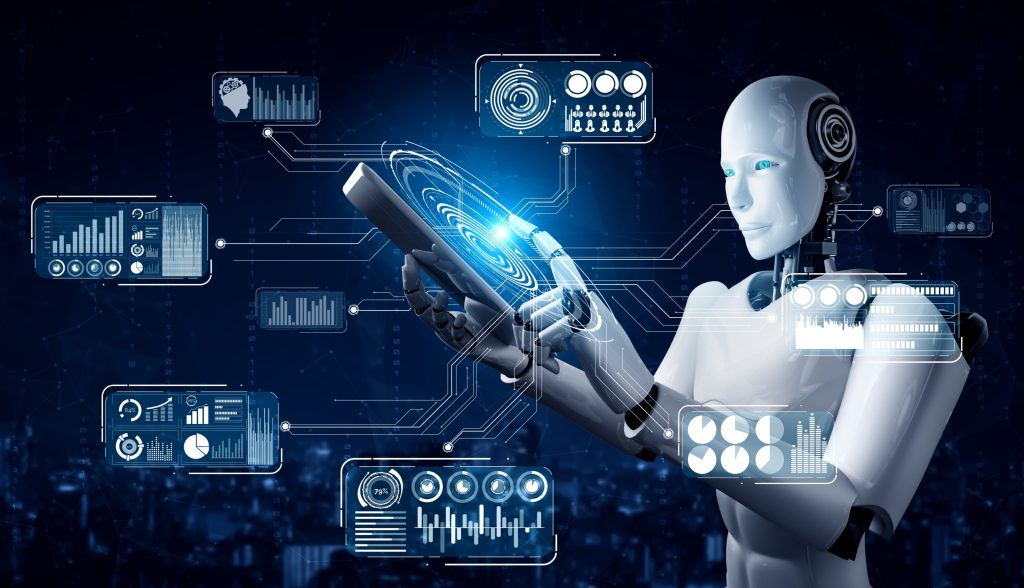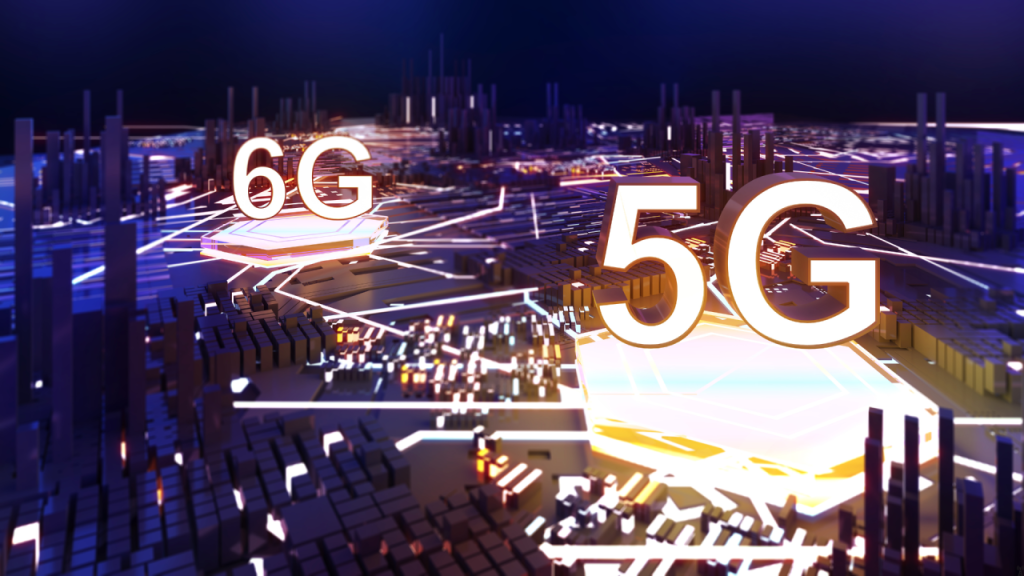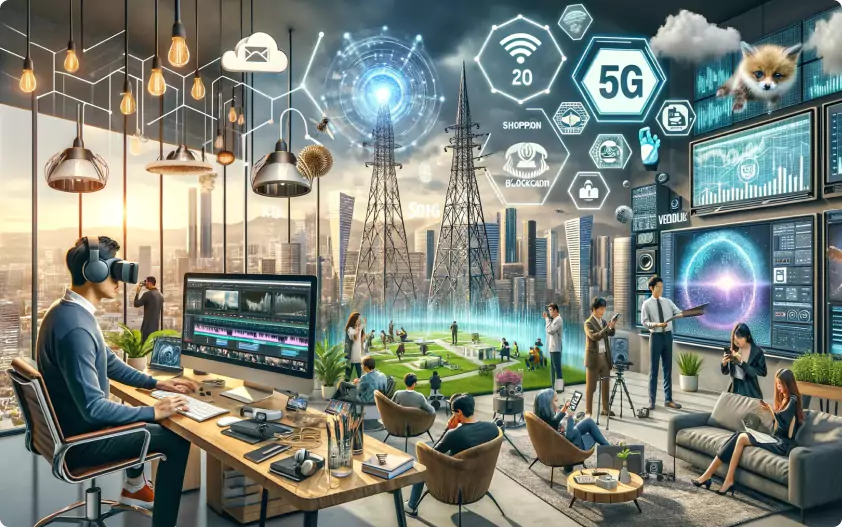2025 Tech Trends: Key Developments and News
The world of technology is evolving rapidly, and understanding the technology trends in 2025 is essential for staying ahead. From artificial intelligence and quantum computing to blockchain and sustainability, new innovations are reshaping industries and daily life.
1. Artificial Intelligence and Machine Learning
AI and machine learning continue to dominate the technology trends in 2025. Generative AI tools like ChatGPT, Midjourney, and DALL-E are revolutionizing content creation and automation. Businesses are adapting to these technology trends in 2025 by integrating AI into customer support, personalized marketing, and data analysis.
- Generative AI: The rapid growth of tools like ChatGPT, Midjourney, and DALL-E has made generative AI a major part of business processes. These tools automate content creation, design, and software development. Companies are investing in custom AI models for tasks like data analysis, customer support, and personalized marketing.
- AI Regulation: Governments are starting to establish guidelines and regulations for AI use. The European Union is leading the way with the AI Act. This act addresses ethical concerns and sets standards for AI safety.
- AI in Healthcare: AI applications in healthcare are growing. These include early diagnosis through medical imaging and personalized treatment plans powered by predictive analytics.

2. Quantum Computing: Moving Closer to Practical Applications
Quantum computing is one of the most exciting technology trends in 2025, with companies like IBM and Google making major breakthroughs. The push toward achieving quantum supremacy is accelerating, and businesses are beginning to realize the potential of technology trends in 2025, such as enhanced computing power.
- Quantum Supremacy Milestones: Recent reports show that tech giants are progressing toward quantum supremacy. This is when quantum computers solve problems impossible for classical computers. IBM recently announced a quantum computer with over 1,000 qubits, a step toward practical applications.
- Commercial Quantum Computing Services: Companies are now offering quantum computing as a service. This allows businesses to access quantum capabilities via the cloud. This trend makes quantum computing more accessible to industries like finance, logistics, and pharmaceuticals.
- Error Correction and Stability Improvements: Researchers are focused on reducing error rates in quantum computations. This is crucial for achieving reliable quantum computing.

3. The Rise of Web3 and Decentralization
Web3, a core component of future technology trends in 2025, continues to grow, bringing decentralized finance and blockchain into the mainstream. As these technology trends in 2025 develop, we can expect a shift toward more secure, user-governed digital platforms.
- Decentralized Finance (DeFi): DeFi platforms are gaining popularity. They allow users to engage in financial activities like lending, borrowing, and trading without intermediaries. Regulatory frameworks are being discussed to ensure the safe growth of this sector.
- NFT Evolution: Non-Fungible Tokens (NFTs) are no longer just digital collectibles. They are now used for practical purposes, such as digital identity verification. NFTs are also tokenizing real-world assets like real estate and securing intellectual property.
- Decentralized Social Media: As concerns about data privacy rise, decentralized social media platforms are emerging. These platforms give users control over their data and content. They aim to challenge the dominance of traditional social networks by focusing on user ownership and governance.
4. The Metaverse: Expanding Beyond Virtual Reality
The concept of the metaverse, once limited to virtual reality, has evolved as a major part of technology trends in 2025. With the introduction of mixed-reality devices, such as those from Apple and Meta, the metaverse is set to play an increasingly important role in both business and entertainment. These technology trends in 2025 are creating new opportunities for virtual workspaces, social interaction, and even product demonstrations through digital twins.
- Mixed Reality Devices: Companies like Apple and Meta are launching mixed-reality headsets. These devices blend virtual and augmented reality, providing immersive experiences for gaming, work, and social interactions.
- Enterprise Metaverse Applications: Businesses are adopting the metaverse for training, remote collaboration, and customer engagement. Companies are using virtual showrooms and digital twins for product demonstrations and maintenance simulations.
- Interoperability Standards: Efforts are underway to establish interoperability standards for the metaverse. These standards will allow users to seamlessly move their digital identities, assets, and experiences across different platforms.
5. Advancements in 5G and the Path to 6G
The rollout of 5G networks is a significant milestone among technology trends in 2025. With faster speeds and more reliable connections, 5G is enabling innovations like autonomous vehicles, remote healthcare, and IoT solutions. In parallel, research into technology trends in 2025, such as 6G, promises even faster speeds and could pave the way for real-time holographic communications.
- 5G Expansion: The coverage and speed of 5G networks are rapidly expanding. 5G enables new applications such as autonomous vehicles, remote healthcare, and smart cities.
- 6G Research: Though 6G is still in early research, it promises speeds up to 100 times faster than 5G. It could also enable real-time holographic communications. Countries like China, the U.S., and South Korea are launching research initiatives aimed at 6G deployment by the early 2030s.
- Edge Computing: Edge computing, in combination with 5G, is allowing data processing to occur closer to the source. This reduces latency and improves response times. This is crucial for applications like IoT, industrial automation, and augmented reality.

6. Sustainability and Green Tech: The Tech Industry’s Role in Environmental Protection
Sustainability is becoming a key focus among technology trends in 2025. Green technologies, such as energy-efficient data centers and electric vehicles, are shaping the future of the tech industry. As technology trends in 2025 continue to evolve, companies are increasingly investing in renewable energy sources and reducing their carbon footprints, helping address the global environmental crisis.
- Green Data Centers: Companies are investing in sustainable data centers that use renewable energy and efficient cooling technologies. Google, Microsoft, and Amazon have set ambitious targets to become carbon-neutral or carbon-negative in the coming years.
- Electric Vehicles (EVs): The EV market is expanding, driven by innovations in battery technology. Electric cars are becoming more affordable, and their range is increasing. Companies like Tesla and Rivian, as well as traditional automakers, are releasing new models. Startups are focusing on electric mobility and autonomous delivery robots.
- Recycling and E-Waste Reduction: Tech companies are improving their recycling programs. They are developing products that are easier to repair and recycle. Apple’s commitment to using recycled materials in its devices is a prime example.
7. Cybersecurity: New Challenges in a Connected World
As digital transformation accelerates, cybersecurity is a growing concern among technology trends in 2025. With the rise of AI-powered threat detection and zero-trust security frameworks, businesses are implementing more advanced strategies to protect sensitive data. These technology trends in 2025 will be critical in mitigating the risks posed by cyberattacks in an increasingly connected world.
- Zero-Trust Security: Zero-trust security assumes threats can come from both inside and outside the network. This approach requires companies to verify every user and device before granting access.
- AI-Powered Threat Detection: AI is being used more for detecting and mitigating cyber threats. Machine learning algorithms analyze patterns and detect anomalies, providing an extra layer of security.
- Quantum-Resistant Encryption: As quantum computing advances, there is a push to develop encryption techniques that can withstand potential quantum attacks.
Conclusion
The technology trends in 2025 reflect a world that is becoming more connected, intelligent, and sustainable. From advancements in AI and quantum computing to the rise of Web3 and the metaverse, these developments are shaping the future of how we live, work, and interact. Staying updated on these trends is essential for businesses and individuals to leverage new opportunities and navigate potential challenges.

